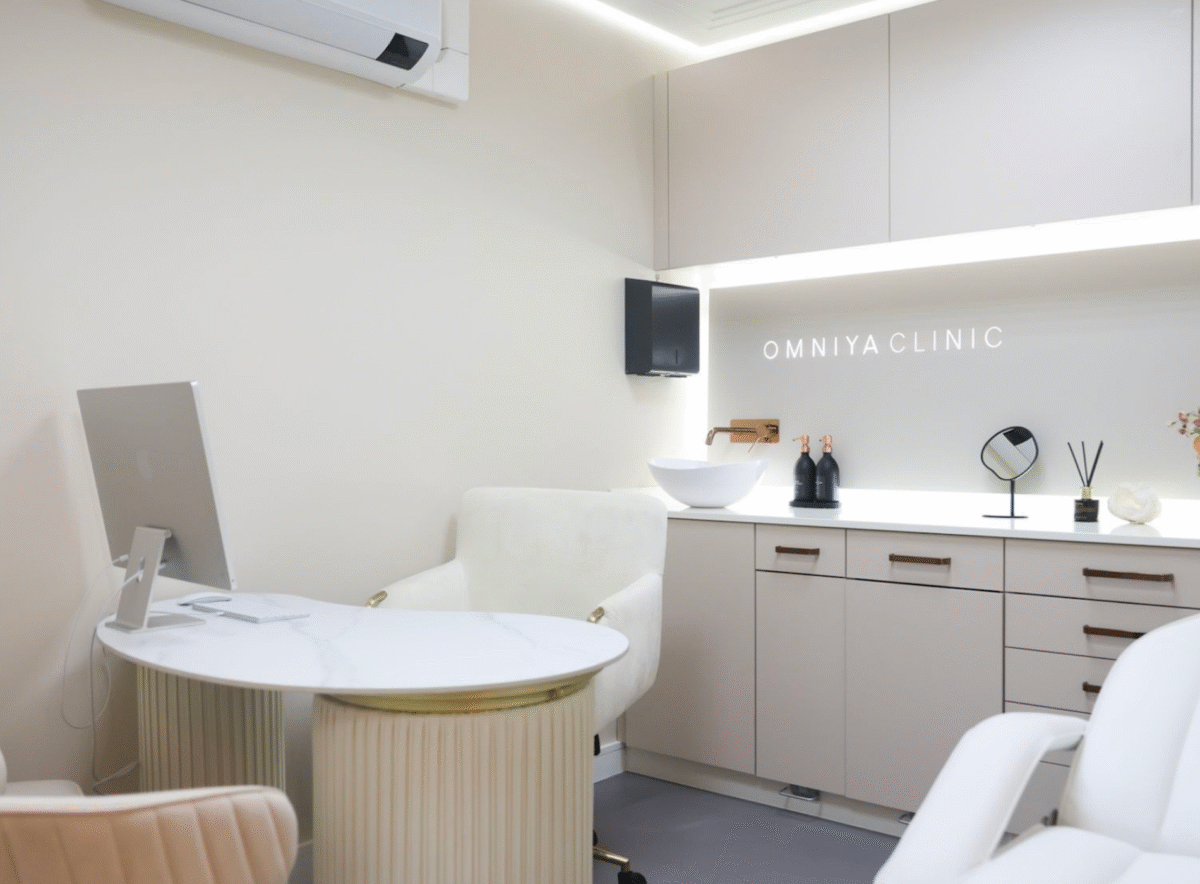3a Montpelier Street, Knightsbridge, London, SW7 1EX
020 7584 4777
[email protected]
- Treatments
- Injectables
- Hormone Therapy & Medical
- Facials & Beauty
- Skin Machines & Lasers
- Concerns
- Prescriptions
- The Clinic
Acne is one of the most common skin conditions worldwide, and one of the most frequent reasons people visit dermatologists and aesthetic clinics in the UK. According to the NHS, around 95% of people aged 11 to 30 are affected to some degree. While most cases improve by adulthood, around 3% of adults over 35 continue to experience acne, particularly women due to hormonal fluctuations.
Acne occurs when hair follicles become clogged with oil (sebum), dead skin cells, and bacteria, leading to inflammation and visible breakouts. It commonly appears on the face, back, chest, neck, and shoulders, but can develop anywhere on the body. Although strongly linked to puberty, adult and hormonal acne are increasingly common — and can significantly affect confidence, comfort, and quality of life.
At Omniya Clinic, our skin specialists and aesthetic doctors combine medical-grade skincare, advanced laser technologies, and hormonal expertise to manage acne and its after-effects, including scarring and pigmentation.
Book a consultation to start your personalised acne treatment plan.

Acne is extremely common in the UK, with millions of people affected every year. The condition develops when the skin’s sebaceous glands (oil-producing glands) become overactive, and dead skin cells block the pores. These blockages allow bacteria to thrive, causing inflammation and spots.
Acne is driven by several interlinked factors:
In more severe cases, such as cystic acne, inflammation extends deeper into the skin and can lead to permanent scarring, particularly when spots are picked or squeezed. Early treatment is key to preventing long-term damage.

Acne can appear in many forms, ranging from mild congestion to severe, inflamed breakouts. Common symptoms include:
At Omniya Clinic, our experts assess both active acne and residual scarring to create a treatment plan tailored to your skin type and condition.

Acne is typically diagnosed by the appearance and distribution of spots, most commonly on the face, chest, shoulders, and back, which may include:

While there’s no definitive “cure” for acne, it can be effectively controlled and managed with the right combination of medical and aesthetic treatments. Our aim is to:
With consistent care and clinical guidance, many of our patients achieve long-term clear skin and a visible improvement in texture and tone.

There are varying symptoms and signs of acne, depending on the condition’s severity. These can include:
Whilst acne can run in families, in most cases it occurs for unknown, sporadic reasons.
Acne is recognised quite easily, by the appearance of spots, and the manner in which they are distributed on the body – primarily, the face, neck, chest and back.
As there are a number of different varieties of acne, it is important that you speak with an expert. At Omniya Clinic, we pride ourselves on working with leading aestheticians and dermatologists to ensure your concerns are diagnosed and treated effectively.
Whilst there is no cure for acne, there are a variety of treatments available at Omniya Clinic to prevent the formation of new spots, to reduce the spots, and to help clear scarring.
One of our experts will be happy to help you to control your acne, avoid scarring or damage to the skin and make the scarring less noticeable.
At Omniya Clinic, we have a variety of treatments that can assist with acne concerns. These can be categorised as:
During your initial skin consultation, our expertly trained and experienced skin specialists will be able to advise on treatments (including hormonal therapy and dermatology), medical grade products and lifestyle factors, with a view to putting together a bespoke treatment plan designed with your specific requirements in mind.
For more information, please view our team here and contact us for more information.

During your consultation, we will advise you on the best treatments and products to use at home.
*Available with participating practitioners